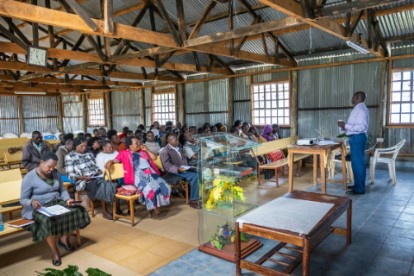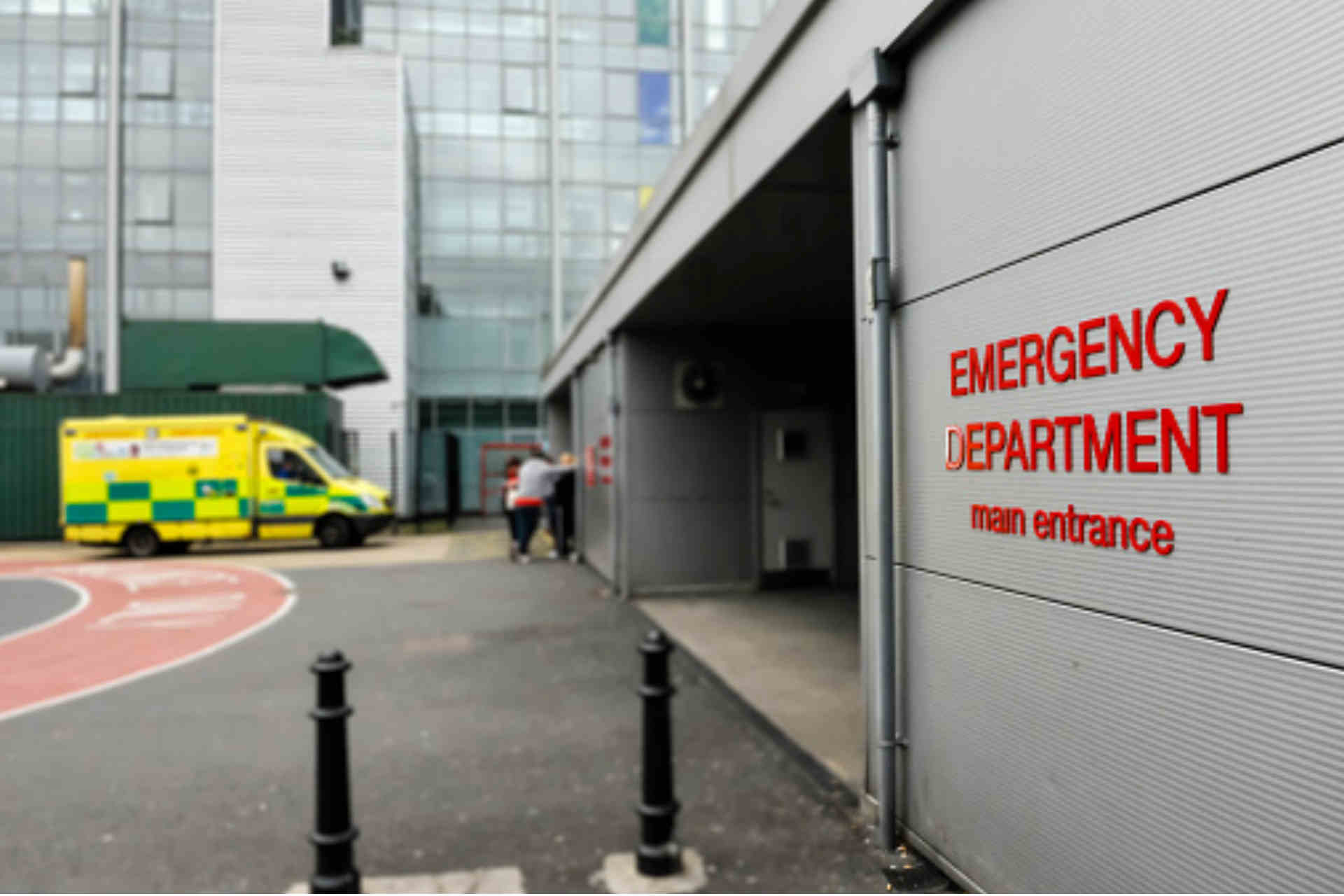Public Health, Policy and Systems
- University home >
- Institute of Population Health >
- About us >
- Public Health, Policy and Systems
Improving health and reducing inequalities through pioneering research and education.
The Department of Public Health, Policy and Systems is one of the largest of its kind in the UK and has a world-leading status for its excellence in research and education. Underpinning all our activities is the social model of health and its application to health inequalities, and to health and social care systems.
“The challenging years ahead will need a robust public health voice as we recover from the pandemic. We will be that voice.
The people in our Department understand the importance, value and urgency of improving health for everybody in our communities. For that, they work hard, creatively and enthusiastically to discover new solutions through excellent research and contribute to educating the next generation of people who want to do the same."
- Professor Martin O'Flaherty, Head of Department
Our challenges
Health Inequalities Policy Research (HIP-R)
We are analysing how to improve the systems that society needs to put in place to promote, sustain and protect health, prevent disease and care for the sick. Specifically, we aim to understand then tackle inequalities in the wider social determinants of health and wellbeing.
Non-Communicable Disease [NCD] Prevention and Food Policy
Using cutting edge methodologies, our researchers analyse, interpret and promote effective, equitable and cost-effective policy interventions to promote health and prevent non-communicable diseases. Our findings have informed governmental policies, recently underpinning UK dietary sugar and salt reduction, and EU transfats regulation.
Energy, Air Pollution and Population Health (EAPH)
We are leading international efforts to address the substantial burden of disease from exposure to air pollution. Our mixed-methods public health research, including state-of-the-art air quality monitoring, is informing climate and health policy in sub-Saharan Africa to scale adoption of clean household and institutional energy. In this region, mortality from exposure to particulate matter from reliance on polluting household and institutional energy kills almost 700,000 people annually.
Social Sciences of Population Health Interdisciplinary Collaborative (SOPHIC)
SOPHIC (Social Sciences of Population Health Interdisciplinary Collaborative) takes seriously contemporary challenges for population health and the kinds of interdisciplinary transformations needed to meet them. The remit of SOPHIC is to advance and strengthen social science approaches in and of population health, with a central focus on (bio)social inquiry and a commitment to methodological pluralism and interdisciplinarity.
Research centres
NIHR Applied Research Collaborative (ARC) North West Coast
The Department co-leads the Public Health programme working with ten North West local authorities and community organisations to increase resilience in disadvantaged neighbourhoods.
WHO Collaborating Centre for Policy Research on Determinants of Health Equity
The Centre is leading research efforts in Europe and globally addressing priority public health issues including employment and health, control in the living environment, child health inequalities, environmental health inequalities and the global burden of disease from air pollution. The Centre works closely with colleagues from WHO Headquarters, Department of Public Health, Environment and Social Determinants of Health and WHO Europe.
Our institutes
Master of Public Health (MPH)
The Master of Public Health (MPH) degree is an essential programme if you are working in any area of public health: governmental organisations; health services management; policy and planning; housing; transport; or for community groups and NGOs. You can also study some of the course modules as standalone CPD modules.
MSc in Health Data Science
Offering specialist training for current and aspiring health data scientists, this MSc combines research-focused teaching, training and development in an emerging discipline. The MSc in Health Data Science is supported by Health Data Research UK, the national institute for health data science.
Postgraduate research
Find out more about options for postgraduate research within the Department of Public Health, Policy and Systems.
Postgraduate ResearchCase studies

Equitable access to clean energy for the prevention of non-communicable disease
Globally 3 billion people rely on polluting solid fuels (wood, charcoal) or kerosene for cooking and heating their homes. Exposure to household air pollution (HAP) from burning these fuels is associated with an increased risk of pneumonia in children under 5 years, respiratory and cardiovascular diseases in adults and adverse pregnancy outcomes. Dissemination of our research through public and ministerial engagement and national media has facilitated transition from reliance on polluting solid fuels to LPG through evidence-based policy and heightened population awareness.

Food Policies and Disease Prevention – the IMPACT model
Heart disease, stroke, diabetes, dementia and cancers cause over 90% of premature UK deaths; however, most are preventable. Our researchers developed computational models to quantify and compare different prevention policies, successfully advancing food policies such as the UK dietary salt reduction targets, sugary drinks tax, along with EU and WHO policies to eliminate industrial transfats from the world's food supplies.

Evidence and guidance to inform how consent should be sought for children's emergency and critical care trials
Children are under-represented in clinical trials of life saving treatments as research in emergency settings is practically and ethically challenging. Researchers from the University of Liverpool provided new evidence to inform how consent should be sought for children’s critical care trials. The resulting guidance has since facilitated vital trials to provide evidence to optimise treatments for critically ill patients, including eight trials involving over 1000 children.
Key staff
Accreditations and partnerships
Our local and global partnerships provide vital support to our research activity.
World Health Organization (WHO)
The Department is a designated WHO Collaborating Centre for Policy Research on Determinants of Health Equity, working with WHO Headquarters, WHO Europe, and other such centres worldwide.
Departments of Public Health Sciences
We have longstanding collaborations with the Department of Public Health Sciences at the Karolinska Institute, Stockholm, and the University of Copenhagen.
Liverpool City Council
We work closely with local health and social care partners. The Director of Public Health for Liverpool City Council, Matt Ashton, holds an honorary professorship in our department.








